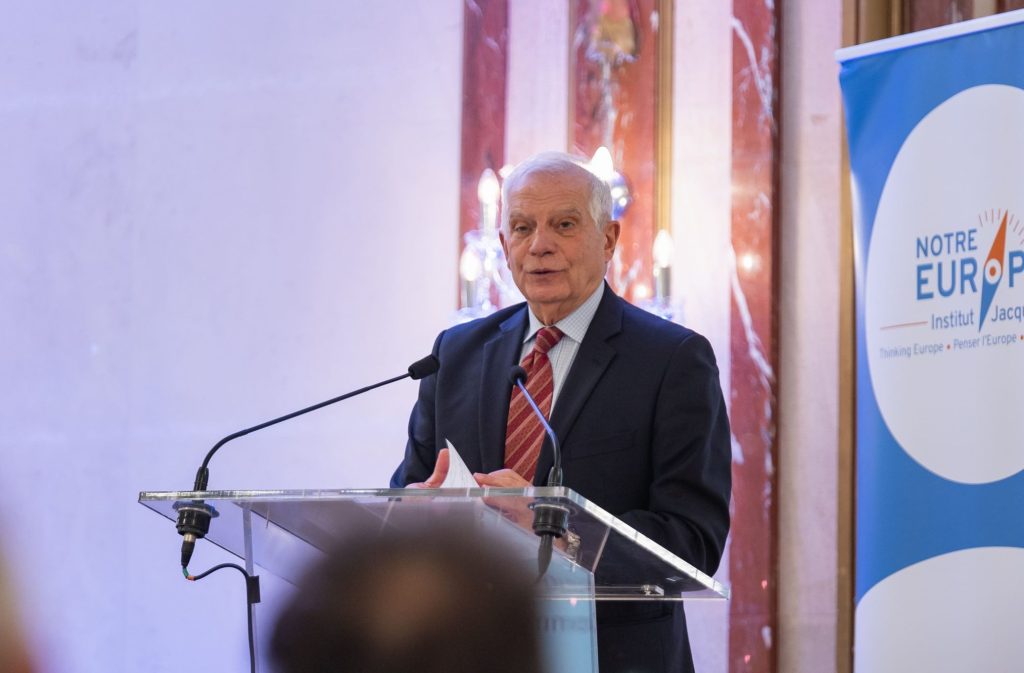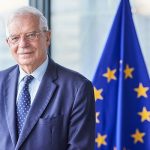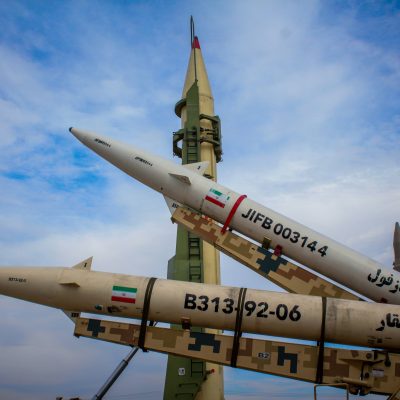[FR] Europe as a geopolitical power
Guest of honour at the Jacques Delors Institute’s annual conference, ‘Thinking about Europe in turbulent times’, Salons Hoche, Paris, 5 December 2022.

Thank you to Nicole Gnesotto for these introductory remarks. I regularly follow the work of the Jacques Delors Institute with great interest and I am very happy to be here with you this evening alongside my friend Enrico Letta.
You have asked me to conclude your work on ‘thinking about Europe in the storm’. This title is – unfortunately – well chosen. It is also the image I chose to illustrate my collection of articles this year, entitled ‘Staying on course in troubled waters’.
It has now been three years since I took up my position as High Representative, as they say in Brussels.
No sooner had I settled in than I hurriedly left COP 25 in Madrid to come here to Paris to attend the ceremony in honour of the 13 French soldiers killed in the Sahel on 25 November 2019. Three years later, there are no French soldiers left in Mali and we are facing the most serious armed conflict on our continent since the Second World War.
In the meantime, we have had to deal with the COVID-19 pandemic and its consequences, as well as a multitude of other crises.
Let us take a step back from these successive storms. What kind of world are we now living in? First and foremost, it is a world of radical uncertainty. Whether in terms of technology, the effects of climate change or geopolitical positioning, the speed and scale of the changes we are witnessing are exceptional. Who predicted the COVID-19 pandemic? And until the very end, we doubted the possibility of a return to high-intensity warfare on the Union’s doorstep.
It is often said that, faced with this sudden emergence of the improbable, we must increase Europe’s flexibility and resilience. This is obvious, but it is a challenge for a European Union governed by rules laid down in treaties that are difficult to amend and with a budget that is only renegotiated every five years. The large sums of money that we often announce cannot be financed by debt and deficit.
During recent crises, however, the European Union has shown that we are capable of adapting much more quickly than many thought. We have broken taboos by taking on debt together for the NextGenerationEU plan, and by supplying weapons to Ukraine together. We have managed to build solidarity-based responses much more quickly than during the 2008-2015 crisis, which brought the Union to the brink of collapse. But in both cases, we had to find solutions “out of the game” that were not provided for in the established rules.
The question of our speed of reaction nevertheless remains, particularly in the field of foreign policy, where the unanimity rule still slows us down excessively.
I have pointed out the growing uncertainty in our environment. However, the changes we are seeing are part of recognisable major trends. What is happening could be compared to earthquakes: these remain difficult to predict precisely, even though we understand the plate tectonics that cause them.
As political scientist Olivier Schmitt points out, since the end of the Cold War we have decoupled the sources of our prosperity from those of our security. We have reaped the dividends of peace in the form of lower military spending thanks to the American shield and benefited from abundant and cheap Russian energy.
Our economy has been increasingly based on fossil fuels from Russia. We believed that Russia was a reliable partner and that this interdependence would consolidate peace on the old continent. Vladimir Putin has shown us that this was a mistake.
The other major trend at work has been the impressive rise of China. We have become increasingly dependent on it. For our imports, China has become the workshop of the world: Chinese workers, with their low wages, have done much more to contain inflation than all the central banks combined. But also increasingly for our exports: the huge Chinese market has served as a privileged growth driver for many European multinationals in the automotive, capital goods and luxury goods sectors, among others. Here too, the prevailing idea in Europe was that ‘soft trade’ would gradually bring China and the Western world closer together. And here too, Xi Jinping has shown us how wrong this assumption was.
At the same time, our defence spending declined after the end of the Cold War, and there has been little progress in coordinating European armies and defence industries. With the war of aggression against Ukraine, we have been able to gauge our continuing dependence on the “American shield”. European aid to Ukraine has been very significant, much more so than is often said, but in terms of military equipment, American aid has been decisive. If we had had to rely solely on the Europeans, Vladimir Putin would already have achieved his goals.




